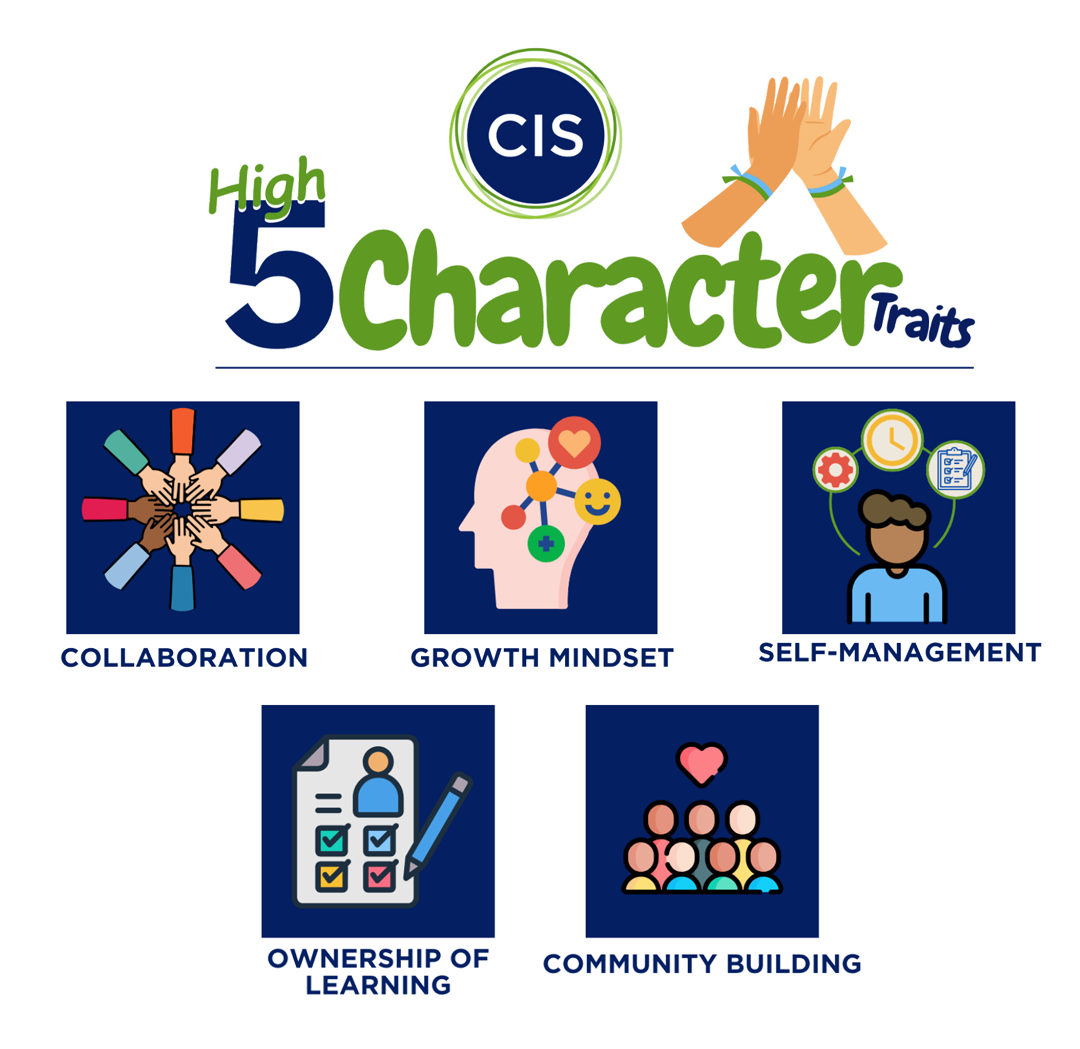The Elementary School program at Cayman International School applies a challenging and integrated academic curriculum to provide students with a sound foundation for future learning in English Language Arts, Math, Social Studies and Science. Small class sizes and high teacher-to-student ratio allow staff to truly know and support the children we serve -- their needs, their passions and their developing capabilities. Our teachers work collaboratively to provide a smooth transition process from the Early Childhood Program to Kindergarten, alignment from one elementary grade level to the next, and preparedness for Middle School.
Our School's Curriculum
Bringing Learning to Life
In Kindergarten to Grade 2, our students begin their journey by exploring the 3C’s – Conceptual understanding, Competency, and Character – through the lens of Head, Hands, and Heart. This approach helps our youngest learners connect thinking, doing, and being in meaningful ways.
As students progress from Grade 3 to Grade 5, they continue to deepen their learning by expressing the 3C’s as Know (Conceptual Knowledge), Do (Competencies), and Be (Character) – building knowledge, applying skills, and developing a strong sense of self and purpose.
Explore our Elementary Program
Exploring a World of Learning
In Elementary, students receive instruction in seven different specialist classes including Art, Music, STEAM, Library, PE, Swimming, and Spanish. Exposure to many different specialist classes provides students with the opportunity to develop understanding and valuable skills in a variety of areas of potential future interest.
.jpg)

A Foundation for Lifelong Success
In the Elementary School at CIS, character development is centered around the High 5 Character Traits. These traits serve as a developmentally appropriate foundation for the IB Diploma Program in High School and beyond. The High 5 character traits, or essential dispositions, focus on developing well-rounded students who are kind, thoughtful, resilient and successful individuals.
Our approach integrates these traits into everyday learning through collaborative projects, classroom discussions, goal-setting activities, peer feedback sessions, and guided reflection.
Meeting the Needs of All Learners
In addition to working with students on Individualized Education Plans, learning support teachers in Elementary School work with grade level teams to ensure students also receive reading and math support, English language support, and opportunities for extension and challenge as needed.
To facilitate this in Elementary School, one learning support teacher is assigned to each grade level and co-teaches with the homeroom teacher. Our classroom teachers work closely with the designated learning support teacher to incorporate supports and extensions through daily planning and instruction. This provides dynamic support and a seamless integration of enrichment opportunities within the classroom setting. This research based approach is called Universal Design for Learning.
.jpg)

Project Based Learning - From Curiosity to Creation
At CIS, Project-Based Learning (PBL) is a cornerstone of our Elementary curriculum. This inquiry-based, student-centered approach empowers learners to apply academic concepts, tools, and experiences to explore essential questions and solve real-world problems. Through hands-on, interdisciplinary projects, students demonstrate their knowledge by creating meaningful products or presentations for authentic audiences. Each year, students engage in two PBL experiences that build the skills needed for future success in Core Extension classes in Middle School and the IB program in High School.
Kindergarteners explore Cayman culture by answering the question, “How do we preserve and bring awareness to important Cayman symbols?” They also do a deep dive into the impact of insects and why they are so important to our world.
In Grade 1, students build a strong understanding of communities by exploring the question “How do we promote safe and happy communities?" Their second PBL focuses on animal habitats and examines what animals need to survive within those habitats.
In Grade 2, students explore our wonderful island nation by answering the question “How do we make an island sustainable?” Next, students advocate to make changes and inspire others to make changes that will impact our world in a positive way.
In Grade 3, students explore their family’s cultures, celebrating diversity by learning about their classmates’ traditions, customs, and backgrounds. They also engage in a health and wellness study promoting physical and mental well-being through activities that emphasise nutrition, exercise, and mindfulness practices.
In Grade 4, students learn about earth systems, climate change, and the preservation of Cayman’s history, exploring the interconnectedness of environmental science and the preservation of Cayman's way of life. Students also explore how ancient inventions and innovations still impact our modern world.
In Grade 5, students engage in a PBL focused on human rights, fostering awareness, empathy, and a commitment to positive change within their community and beyond. In their second PBL, they explore native and invasive species, investigating the role of endemic species and exploring ways to create sustainable landscapes for the island.

.png?command_1=resize&width_1=430&height_1=430)
.jpg?command_1=resize&width_1=430&height_1=430)





